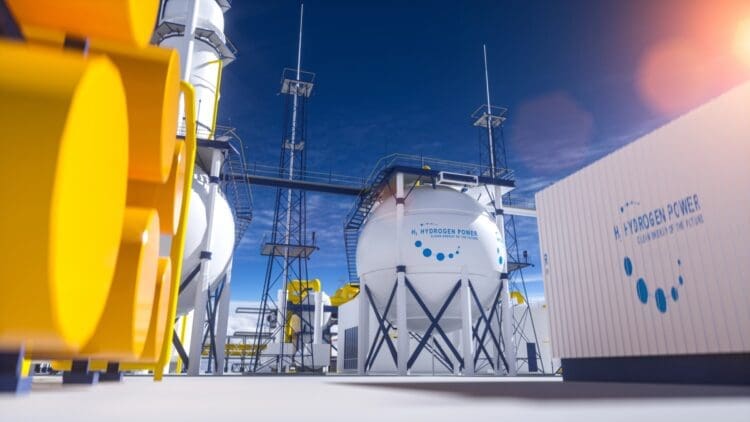The Punjab Energy Development Agency, or PEDA for short, has partnered with IISc to pioneer biomass-to-hydrogen projects in India, according to a recent report emerging out of the region. India has, for far too long, been at the mercy of its need to deliver energy for its huge and growing population. For the most part, delivering that crucial energy has come from traditional methods; however, India is aiming to align with the global narrative that calls for more importance to be placed on accelerating the transition to renewable energy generation.
India is aiming to pioneer biomass-to-hydrogen projects that could revolutionize the sector
India has an exceedingly large population and has the unwelcomed reputation as one of the worst polluters in the world. To their credit, the Indian government has implemented several key measures and policies that aim to evolve the energy sector beyond the current climate, which still heavily relies on traditional energy generation processes.
During the 5th International Conference on Recent Advances in Bio-Energy Research at Sardar Swaran Singh National Institute of Bio-Energy (SSS-NIBE), a memorandum of understanding was signed between the Punjab Energy Development Agency and the Indian Institute of Science, or IISc.
The hydrogen sector has seen significant progress in recent years, thanks to several large-scale projects that have accelerated the need to transition the energy sector towards the renewable energy industry.
Industry experts and insiders have urged the need to pioneer biomass-to-hydrogen projects, which India is aiming to become a global leader in.
“Green hydrogen made from renewable electricity will be the best complement to deep electrification to achieve a sustainable and decarbonised energy sector. It will bring investment opportunities and qualified jobs, while making our economy cleaner and more competitive. Policy commitments to scale up this new economy are necessary and will bring important economic and environmental benefits in the years to come.” – Agustin Delgado, Chief Innovation and Sustainability Officer, Iberdrola
The Indian government has praised the signing of the MOU between Punjab and the IISc
The Indian government has praised the signing of the MOU, which aligns perfectly with the current Prime Minister’s directive calling for more projects to alleviate the pressure on India’s energy sector to reform.
Punjab’s New and Renewable Energy Minister Aman Arora has praised the MOU and has noted that the agreement reflects the state’s commitment to clean energy innovation.
“This partnership will use agricultural waste to produce green hydrogen, creating a circular economy that benefits farmers, reduces environmental pollution, and provides carbon-free energy for industries” – Punjab’s New and Renewable Energy Minister Aman Arora
Several nations have unveiled huge hydrogen projects that drive green hydrogen progress beyond the theoretical towards actual implementation and commissioning. India needs to reform its energy sector to align with global decarbonization goals set by the international community, and the signing of this memorandum of understanding in India further accelerates the transition towards renewable energy.
The Indian state of Punjab could become the prime example of how to transition to renewable energy
While the agreement is only the first phase of a considerably long process, it does exemplify the approach to the energy sector that the Indian government has undertaken. Pioneering biomass-to-hydrogen projects is essential to the global energy sector, as evidenced by the recent news that Norway will produce ships powered by hydrogen and ammonia. As the world inches closer to a future without the need for large-scale non-renewable energy capacity, the pioneering stance taken by the Punjab state could serve as a benchmark for the industry. Hopefully, more nations will take on a similar approach and evolve their energy sectors too; if so, the energy sector could see more transformational projects in the not-too-distant future.






